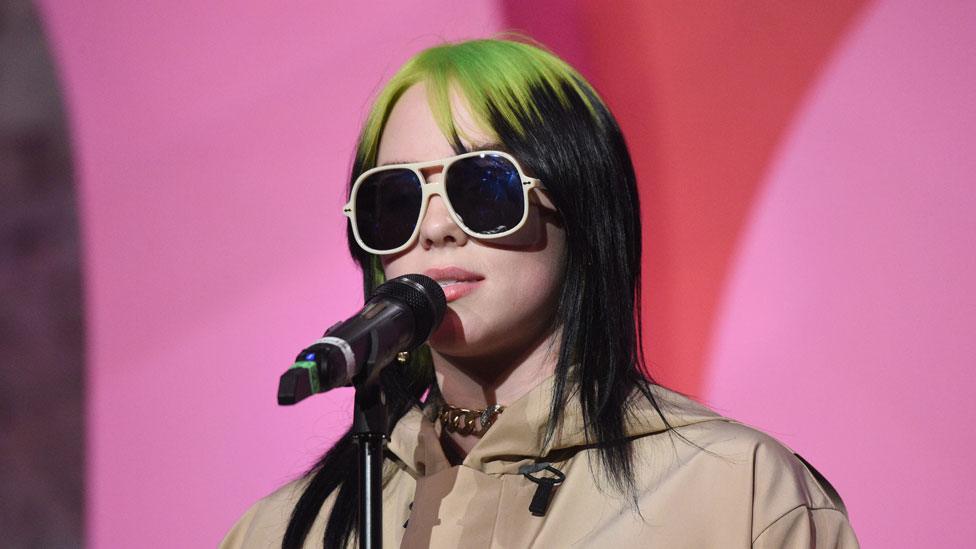Manchester DISC college for neurodiverse students 'lifechanging'
- Published
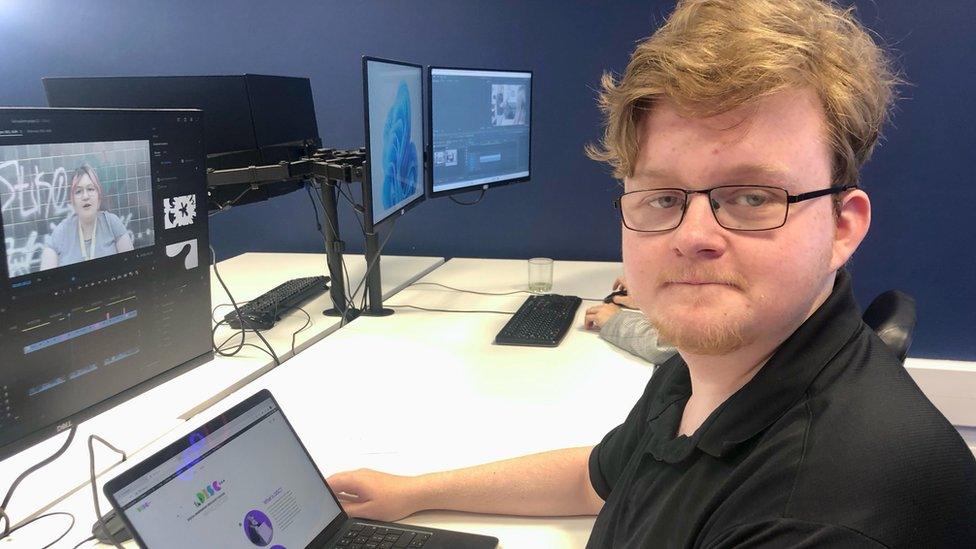
Dylan O'Brien is a governor, mentor and role model to interns at DISC
An autistic man with dyspraxia has helped set up a "lifechanging" college for neurodiverse students to get work.
Dylan O'Brien, of Manchester, dropped out of school when he was 14 and left college within weeks as he said he did not get the right support to study.
He said he believed he would never be able to get a job.
But six years on he has helped launched the specialist college and is campaigning to encourage employers to hire neurodiverse people.
It comes as 71% of autistic adults are unemployed, according to the Office of National Statistics.
As a teenager, Mr O'Brien said he struggled to get the right educational support to develop his skills.
He rarely left the house and the future seemed bleak, he said.
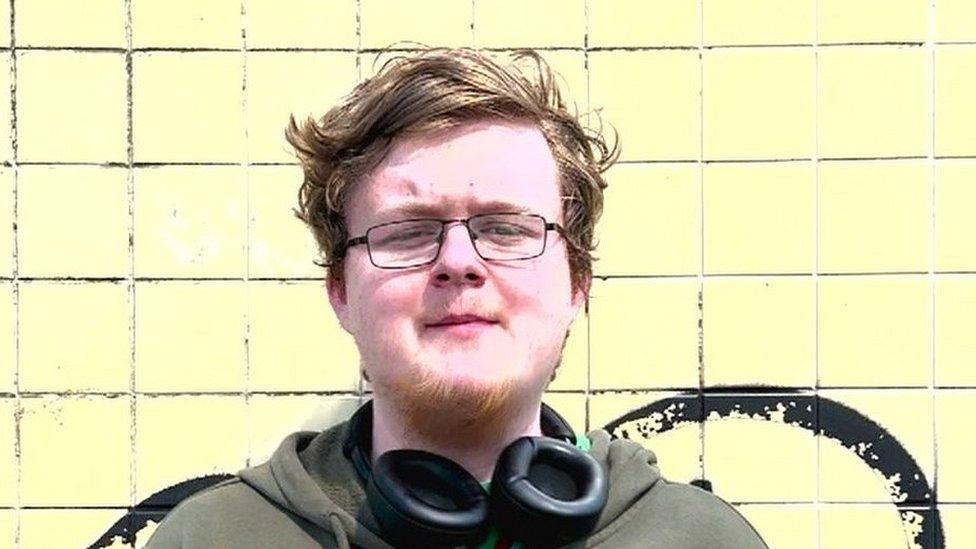
Dylan O'Brien used to think he would never get a job after dropping out of school and college
However, his life changed when he did an apprenticeship with Digital Advantage, a charity that helps young people with disabilities start a career.
They were so impressed they asked him to help set up DISC, a specialist college in Manchester for neurodiverse young people, which opened in September.
It provides digital skills, including website and graphic design, programming, editing and podcasting, in a small scale supportive environment.
It also offers help with timekeeping and what to wear for the world of work.
Students are called interns and 20-year-old Mr O'Brien is now a governor and also a mentor to many of the interns who see him as a role model.
"All the work is tailored and unique to what you need," he said.
"You have people around you you can talk to.
"It's really lifechanging for a lot of people and now it is on a bigger scale allows a lot more autistic and neurodiverse people to get a chance in life what they might not have had before."
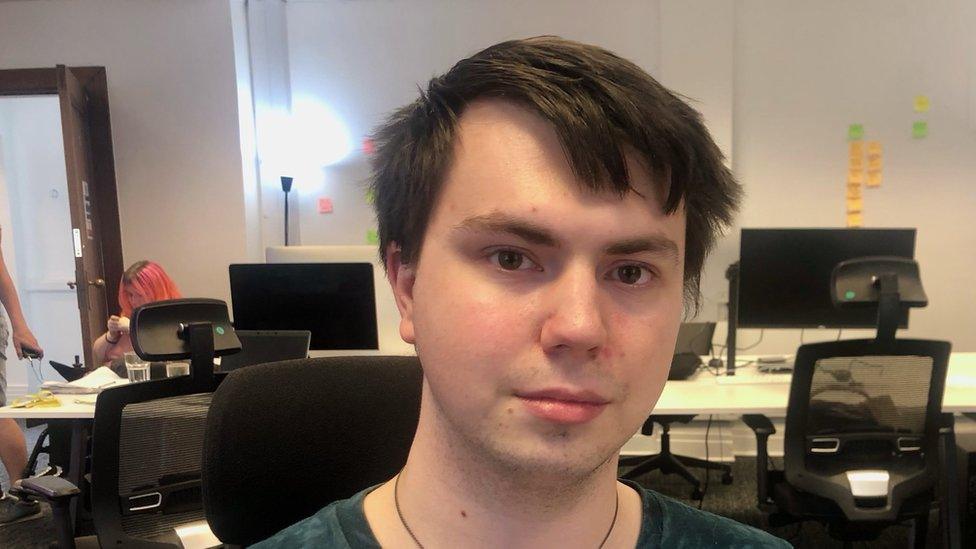
Luke Shore says job application forms can be stacked against neurodiverse people
Many, like Luke, who is a whizz at programming, have found the application process to even get an interview stacked against them.
Luke Shore, who is autistic and has ADHD, said: "I'll get quite high on maths scores but when it comes to literacy scores because I struggle to get what I say down on paper or typing it makes it very difficult to get past those scores.
"Basically making it so the company doesn't even see me on the radar at all," the 22-year-old added.
Ezra Rushen, head of studio at DISC, said the college has launched a campaign to hire people with autism.
"Actually those employers that have taken that step, there's a huge value to having a more neurodiverse workforce," he said.
"There are some people in here as dedicated and skilled as I've ever met through my professional career; they just need a chance."
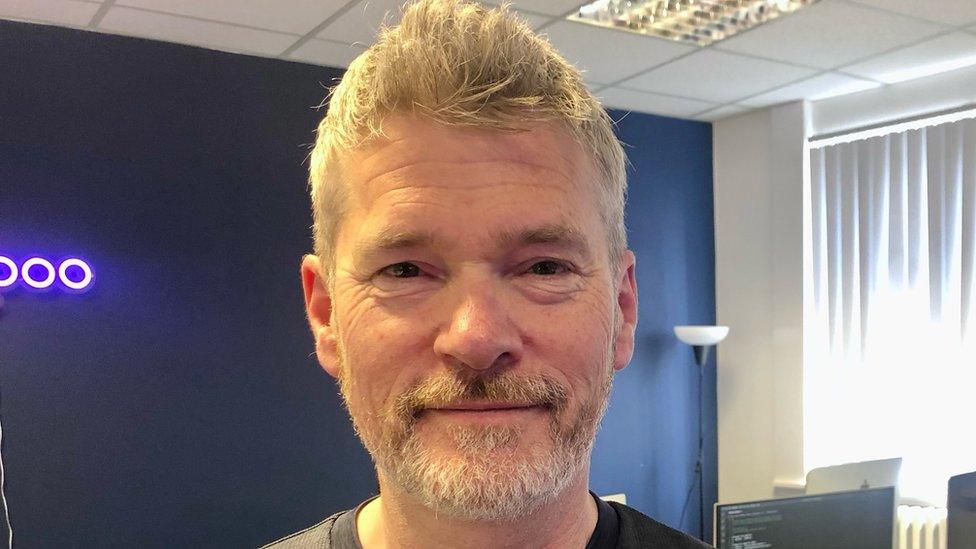
Ezra Rushen from DISC says there is a huge advantage to having a more neurodiverse workforce
Mr O'Brien said: "Everybody deserves the opportunity to shine.
"I think there is a lot of talent and people who without this college would probably never get the chance to shine.
He added: "They would never ever get a chance to show their skills off."

Why not follow BBC North West on Facebook, external, Twitter, external and Instagram, external? You can also send story ideas to northwest.newsonline@bbc.co.uk, external
Related topics
- Published18 June 2023
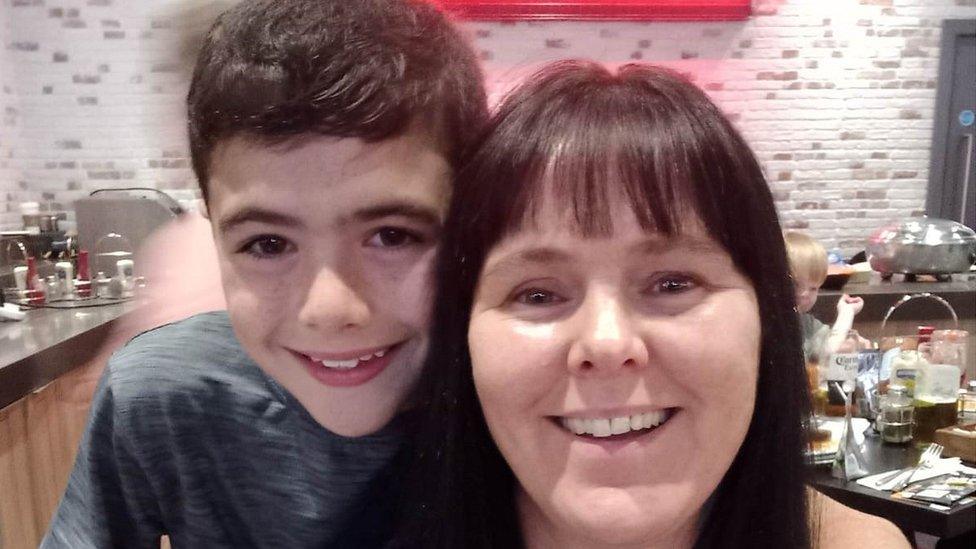
- Published6 June 2023
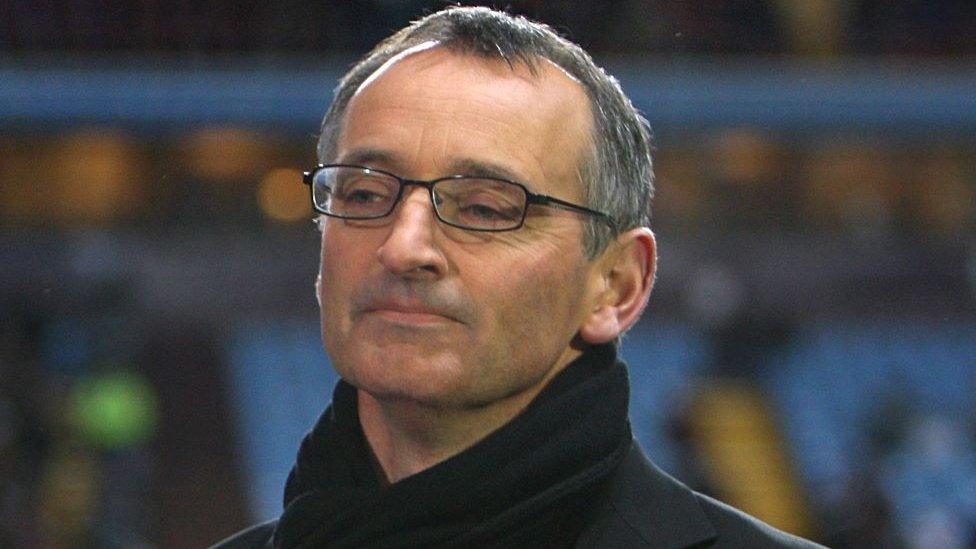
- Published6 June 2023
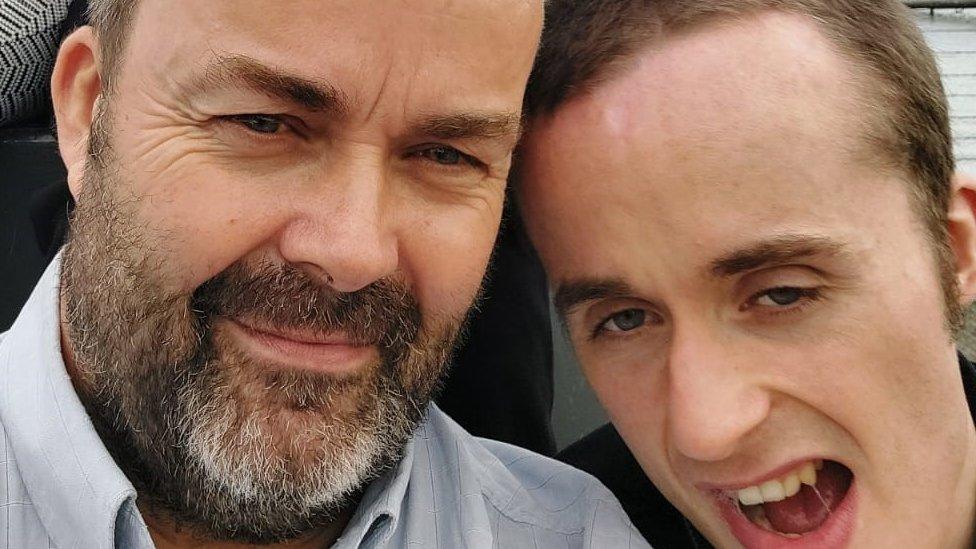
- Published17 January 2020
